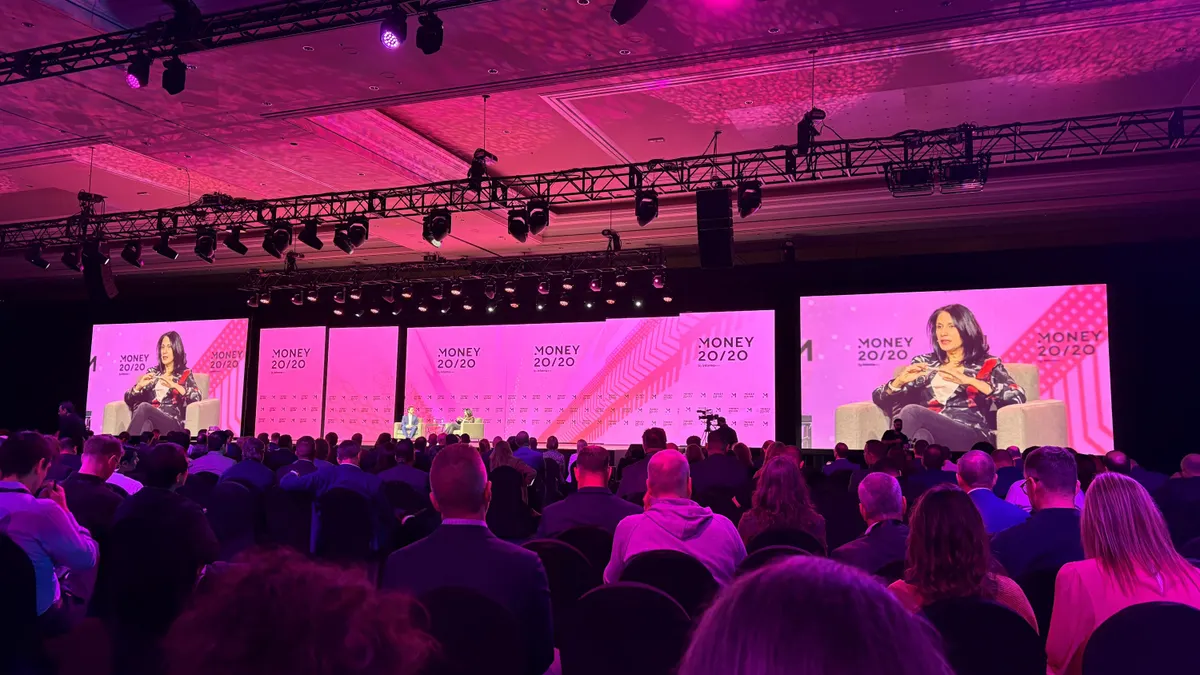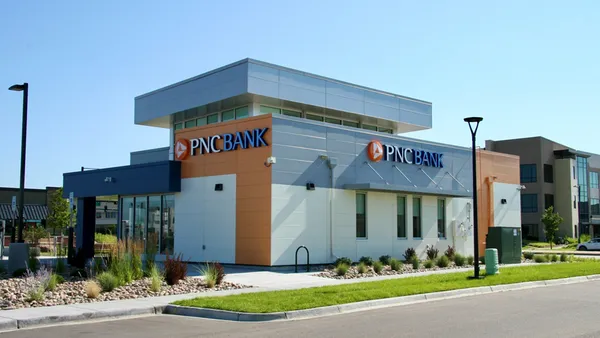Robinhood is in talks with the Financial Industry Regulatory Authority (FINRA) to settle investigations into its options-trading practices and a spate of outages last March, the company disclosed Friday in a securities filing.
The brokerage said it set aside $26.6 million in 2020 toward a potential settlement.
"Any resolution, if reached, would involve charges of violations of FINRA rules, a fine, customer restitution, a censure, and a compliance consultant," the company said in the filing.
Additionally, Robinhood reported it received inquiries from FINRA, the Securities and Exchange Commission (SEC), the offices of several state attorneys general and a U.S. district court in California regarding its temporary halt of trading, about a month ago, in a handful of stocks, including GameStop.
The company estimated 46 class actions have been filed over the halt, in which users claim they were barred from the chance to invest in the video-game retailer as the price of its stock jumped nearly 12-fold over the course of a week.
That volatility prompted the stock market's central clearing hub, the Depository Trust & Clearing Corp. (DTCC), to demand about $3 billion more in collateral from Robinhood, which then raised $3.4 billion from its investors over the following four days.
Robinhood — which plans to file confidentially for an initial public offering as soon as this month, according to Bloomberg — said it is cooperating with the requests focusing on the trading curbs.
"Due to the very preliminary nature of all of these proceedings, we are unable at this time to estimate the likelihood or magnitude of any possible losses related to these matters," the company said in Friday's filing.
The SEC and FINRA are also looking into how Robinhood "displays cash and buying power to customers," the company said. That may be a reference to a June incident in which the brokerage emailed a 20-year-old day trader, Alex Kearns, to notify him that he needed to deposit about $178,000 to offset a negative balance estimated at $730,000. Kearns ultimately killed himself, presumably to shield his family from the financial burden.
However, the company failed to mention Kearns held exercisable options in his account that would have covered his obligation.
Kearns misunderstood the financial statement, according to a lawsuit his family filed last month, and emailed Robinhood's customer-support team three times overnight seeking more information. He received auto-generated replies but no human response from the customer service hotline, which the company didn't maintain at the time.
Robinhood said it added live voice support in early December and changed its protocol surrounding customers who email the company for help in those circumstances.
The brokerage has been a consistent target of lawsuits and regulatory action over the past year.
Robinhood in December agreed to pay $65 million to settle charges from the SEC that it failed to disclose until 2018 that it sold its clients' orders to high-speed trading firms. Payment for order flow, as it is called, earned the company about $440 million for options trades in 2020, compared and about $247 million for stock trades, the Wall Street Journal reported.
Massachusetts securities regulators, also in December, filed a complaint against Robinhood, citing its "aggressive tactics to attract inexperienced investors, its use of gamification strategies to manipulate customers, and its failure to prevent frequent outages and disruptions on its trading platform."
Several users sued Robinhood last March after a string of outages left customers unable to access the platform on a day when the Dow Jones Industrial Average posted its greatest percentage gain since 2009.
Representatives for FINRA and the SEC declined to comment to Reuters on Robinhood's filing.













